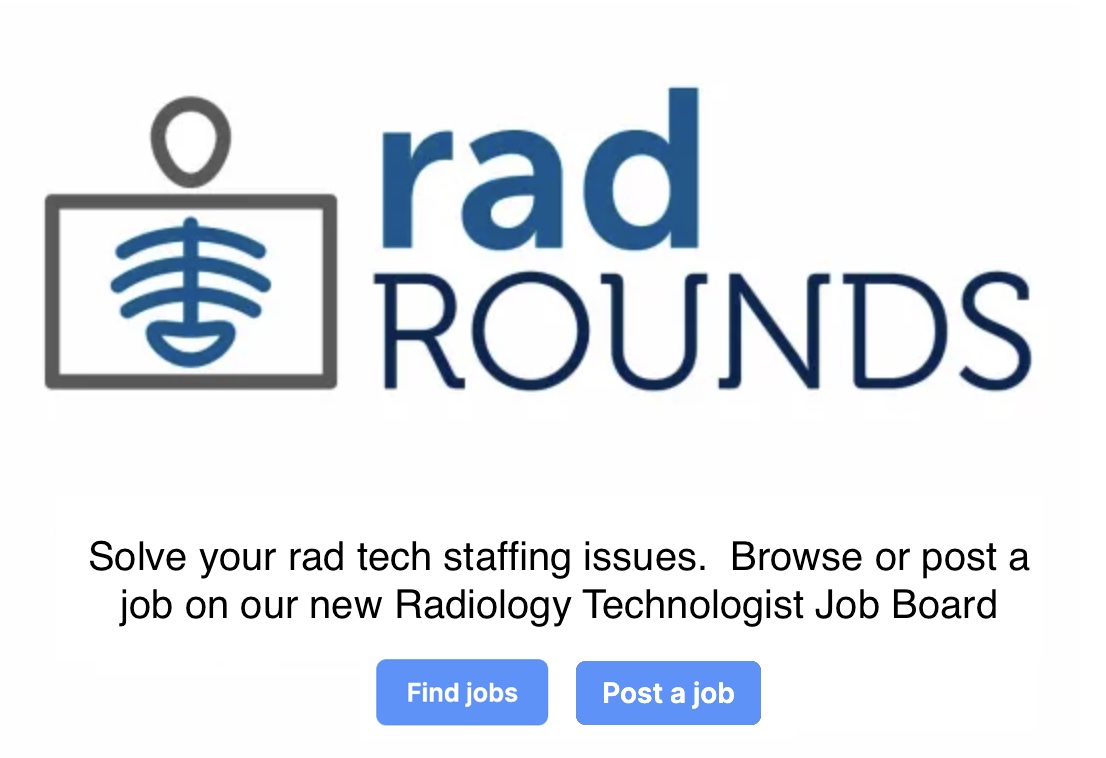A case study recently published in the Annals of Neurology found that there is an optimistic outlook for severe COVID-19 patients who are unresponsive.
The team of physicians at Massachusetts General Hospital performed standard brain imaging exams and a brain mapping technique called resting-state functional magnetic resonance imaging (rs-fMRI) on the unresponsive patient. This imaging practice showed strong functional connectivity in the default mode network (DMN), the region of the brain associated with human consciousness. The patient’s connectivity levels were on par with healthy people, and previous studies support the belief that patients with strong DMN connectivity have higher rates of recovery.
After 61 days of hospitalization, the patient started responding to verbal commands. He was able to blink and open his mouth on command. Five days later, he was successfully following four out of four vocalization commands.













